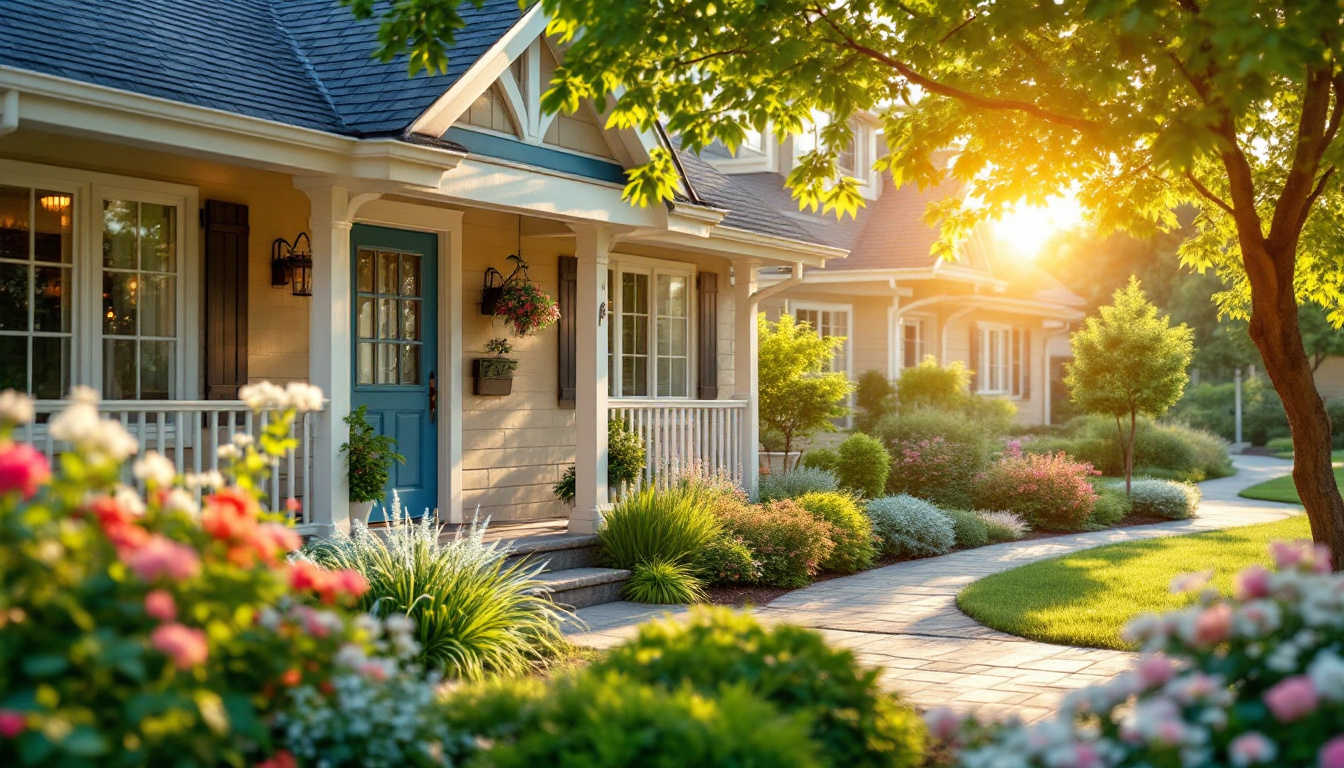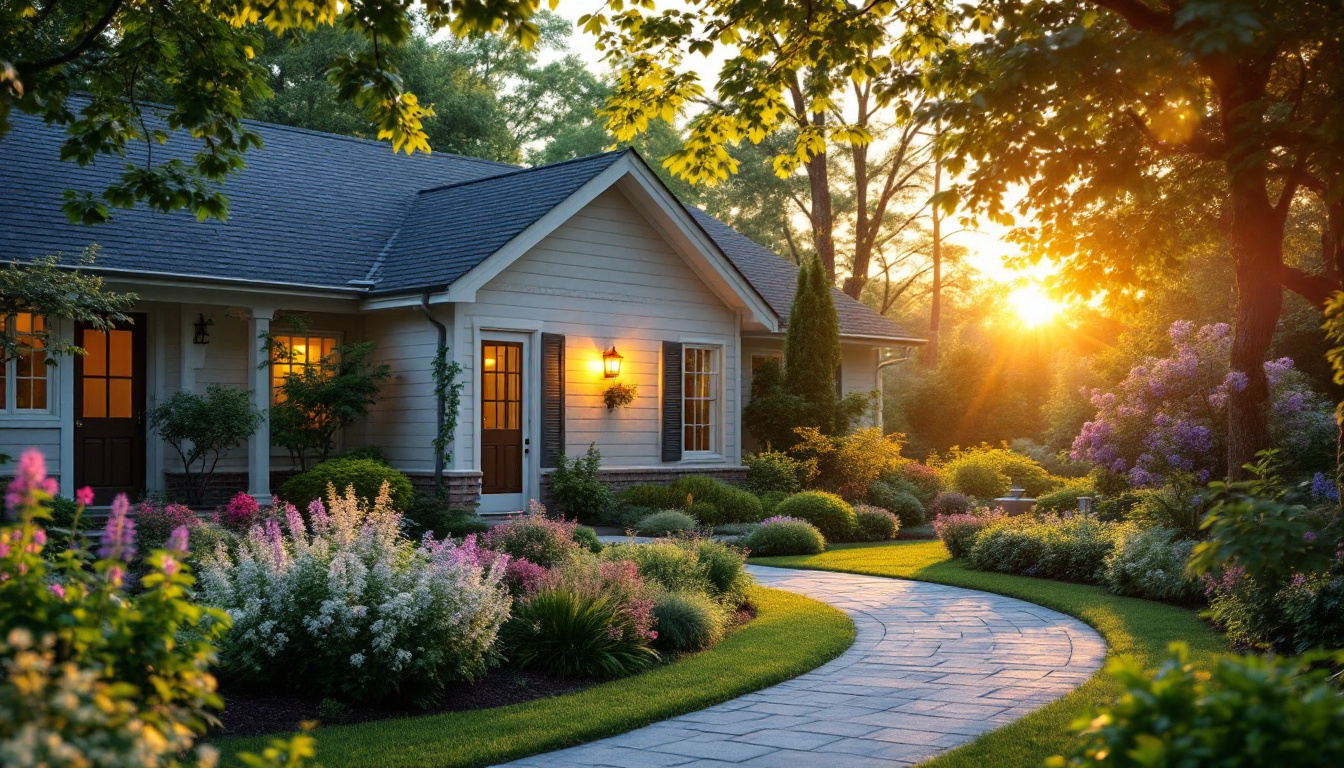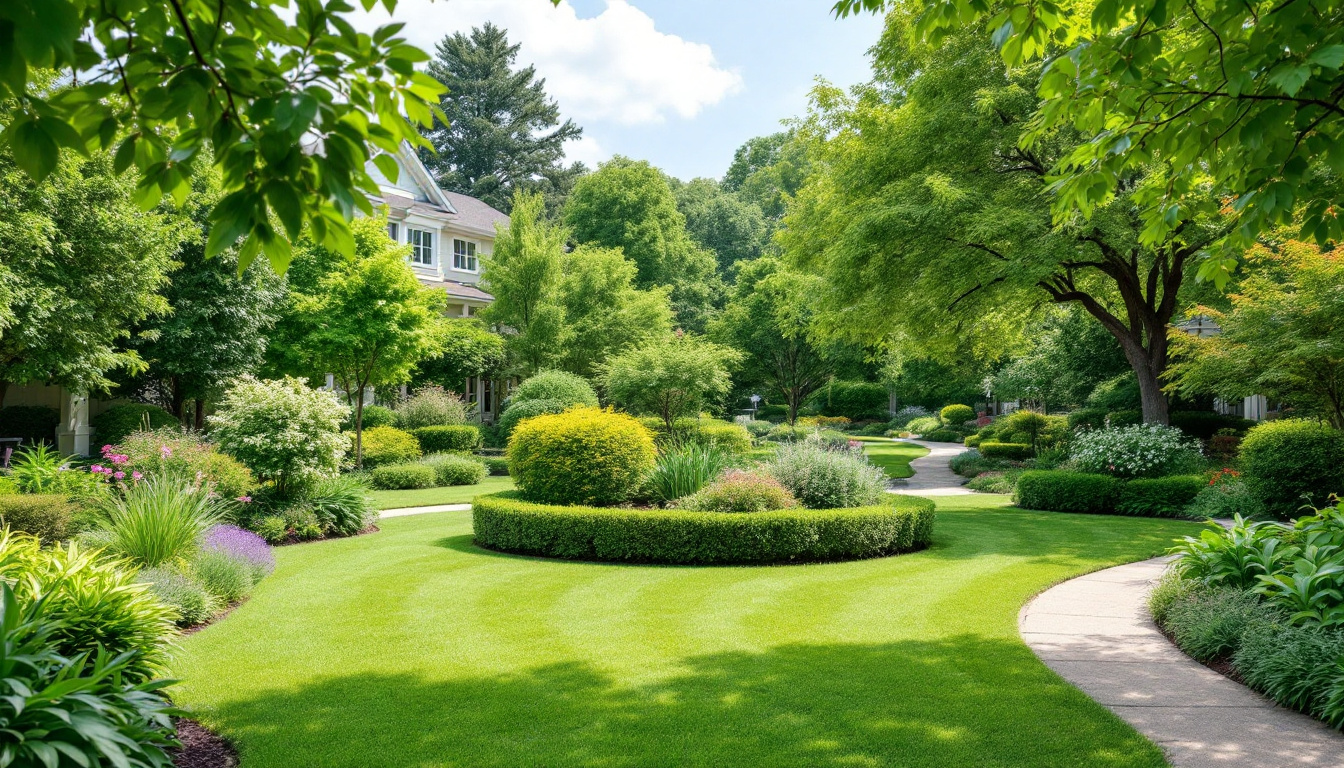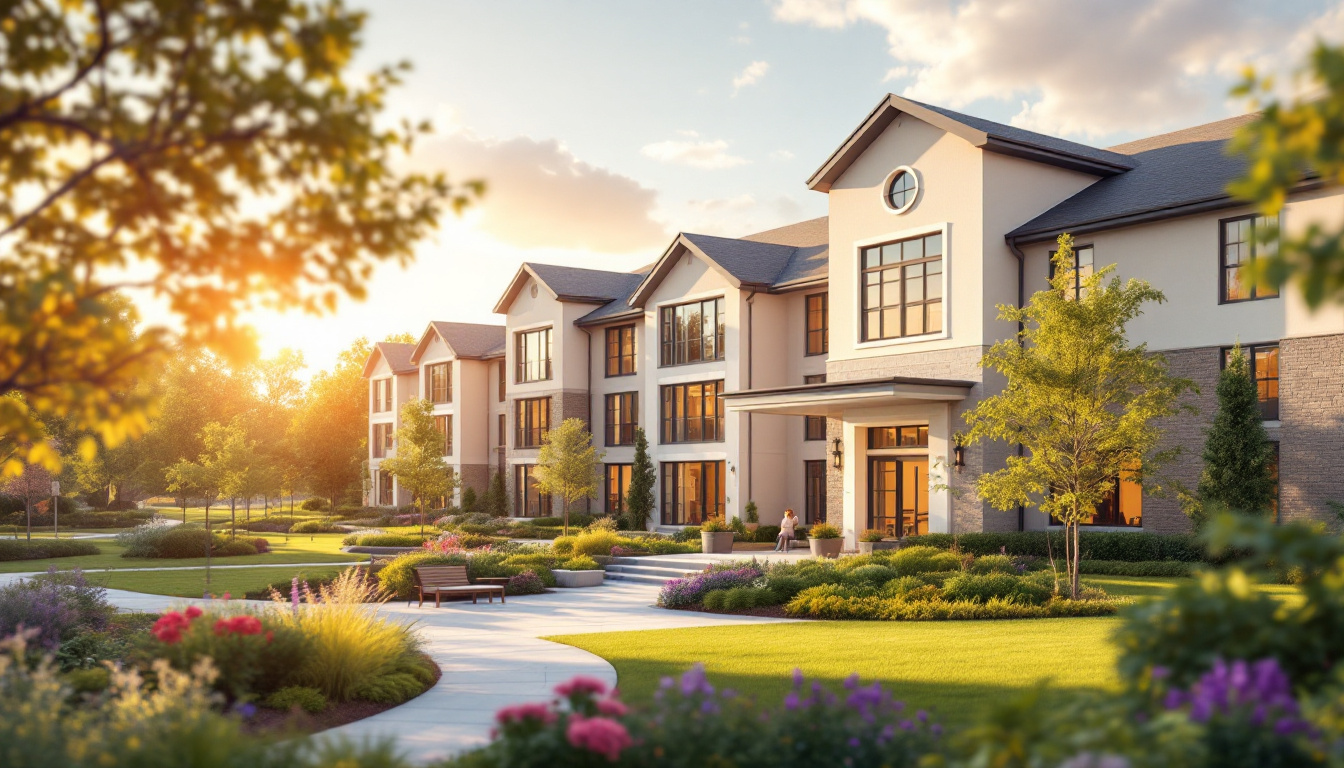What to Know About Different Types of Senior Housing Options
Navigating Senior Living: A Comprehensive Guide

Understanding Senior Housing Choices
With the population of seniors on the rise, selecting the right housing option is crucial for ensuring the comfort, safety, and well-being of older adults. The array of senior living arrangements can be overwhelming, but understanding the differences is essential for making informed decisions. This article explores various types of senior housing options, their benefits and costs, and how to determine the best fit based on individual needs.
Understanding Senior Housing Options

What are the different types of senior housing options?
There are various types of senior housing options available to older adults, each designed to meet different needs and levels of independence. Here’s a brief overview:
- Independent Living Communities: Targeted at active seniors who can live independently, these communities provide amenities like housekeeping, dining options, and social activities while allowing residents to maintain their autonomy.
- Assisted Living Communities: These facilities offer support for daily activities such as bathing, dressing, and medication management, combining independence with necessary assistance in a communal setting.
- Skilled Nursing Care Facilities: Ideal for seniors with complex medical needs, nursing homes provide 24-hour medical supervision and rehabilitation services, ensuring comprehensive care for residents.
- Memory Care Communities: Specializing in care for individuals with Alzheimer’s disease or other forms of dementia, these facilities focus on safety, structured activities, and trained staff to support cognitive health.
- Continuing Care Retirement Communities (CCRCs): CCRCs combine several living arrangements and levels of care, from independent living to skilled nursing, allowing residents to transition smoothly as their care needs change.
- Cohousing and Accessory Dwelling Units (ADUs): These promote a communal living environment, offering shared spaces while enabling residents to maintain independence close to family or friends.
Levels of care provided in senior housing
Senior housing varies significantly in terms of care levels:
| Type of Housing | Level of Care Provided | Ideal for |
|---|---|---|
| Independent Living | Minimal to no medical assistance | Active seniors |
| Assisted Living | Help with daily living activities and medication | Seniors needing some assistance |
| Skilled Nursing Facilities | 24-hour medical supervision and rehabilitative care | Individuals with extensive needs |
| Memory Care | Specialized care for those with dementia | Seniors with memory impairments |
| Continuing Care Retirement Communities | A continuum from independent to skilled nursing | Seniors anticipating future care needs |
This range of options ensures that older adults can find a suitable living environment based on their personal needs and preferences.
The Role and Benefits of Independent Living

Characteristics of Independent Living Communities
Independent living communities are designed to cater to seniors, generally those over the age of 55, who can live independently without requiring daily personal care. These communities provide a vibrant atmosphere with various amenities that promote an active lifestyle, such as:
- Social Activities: Regular events and outings help foster a sense of community.
- Maintenance Services: Residents enjoy a maintenance-free lifestyle, as housekeeping and repairs are typically included.
- Dining Options: Many facilities offer meal services or dining halls, making it convenient for residents.
- Transportation Services: Access to transportation allows residents to attend appointments and social events easily.
- Health and Wellness Programs: Opportunities for fitness and wellness activities encourage a healthy lifestyle.
Benefits of Independent Living for Seniors
Independent living provides numerous advantages for older adults, making it a popular choice:
- Autonomy: Residents maintain their independence while enjoying communal amenities.
- Community Engagement: Opportunities for socialization help combat loneliness and isolation.
- Safety Features: Many independent living communities are designed with senior-friendly safety measures, such as handrails and emergency response systems.
- Affordable Living: Although costs can vary, independent living is generally more affordable than assisted living or nursing home care, often ranging from $1,500 to $10,000 annually.
- Customization: Seniors can choose living arrangements and styles that best suit their preferences and budgets.
In summary, independent living communities offer older adults a way to enjoy a fulfilling and engaging lifestyle while aging gracefully.
Assisted Living: Supportive Yet Independent

What Assisted Living Facilities Offer
Assisted living facilities are designed for seniors who require assistance with daily activities while still valuing their independence. These communities typically provide:
- Personal Care Assistance: Help with bathing, dressing, grooming, and medication management.
- Social Activities: Organized events and communal dining options that promote interaction among residents.
- Safety Features: Facilities are equipped with measures like handrails, emergency call systems, and round-the-clock staffing to ensure resident safety.
- Home-like Environment: Most facilities offer private apartments or rooms, fostering a sense of personal space while being part of a community.
Pros and Cons of Assisted Living Facilities
Understanding both the advantages and disadvantages of assisted living is crucial for prospective residents and their families.
Advantages
- Enhanced Quality of Life: Residents receive necessary assistance, which can significantly improve their overall well-being.
- Reduced Loneliness: The availability of social interactions and organized activities helps to mitigate feelings of isolation.
- Safety Measures: Facilities are designed to minimize risks, providing a safer living environment for seniors.
Disadvantages
- Cost: Assisted living can be expensive, often putting it out of reach for many individuals and families.
- Privacy Concerns: Sharing living spaces can lead to feelings of reduced privacy, which may not be comfortable for all residents.
- Limited On-Site Medical Care: While assistance is available for daily tasks, some residents may need more comprehensive healthcare services that facilities might not provide.
In conclusion, assisted living facilities present a balanced option for seniors seeking support while preserving their independence, albeit with some considerations regarding cost and privacy.
Memory Care: Specialized Support for Dementia

Features of Memory Care Facilities
Memory care facilities are specifically designed to support individuals with Alzheimer's disease and other forms of dementia. Key elements of these facilities include:
- Secure Environments: Memory care communities often feature secure settings to prevent residents from wandering, ensuring their safety.
- Trained Staff: Professionals trained in dementia care are on-site to provide tailored support, helping residents with daily activities while addressing their unique needs.
- Structured Activities: Programs are tailored to promote cognitive engagement and emotional well-being, including memory exercises, arts and crafts, and social activities that foster interaction.
- Personalized Care Plans: Residents receive individualized care plans that consider their specific health needs, preferences, and stages of memory loss.
Who Benefits from Memory Care
Memory care facilities are beneficial for:
- Individuals with Dementia: Those suffering from memory impairments can receive specialized support that standard assisted living or nursing homes may not provide.
- Families Seeking Care: Family members can find comfort in knowing their loved ones are in a secure environment where trained staff understand the complexities of dementia care.
- Residents Needing 24-Hour Supervision: The constant monitoring and structured environment ensure safety and appropriate care for those at high risk due to their cognitive challenges.
In summary, memory care facilities focus on providing a secure and supportive environment tailored to the needs of dementia patients, helping enhance their quality of life.
Exploring Skilled Nursing and Nursing Homes
What Are Skilled Nursing Facilities?
Skilled nursing facilities, commonly known as nursing homes, offer comprehensive medical and personal care for seniors with complex health needs. These facilities are staffed 24/7 by qualified healthcare professionals, including registered nurses and medical aides, ensuring that residents receive constant attention and support.
Who Are Nursing Homes For?
Nursing homes are ideal for individuals who need significant assistance with daily activities such as bathing, dressing, and medication management, along with medical supervision. They cater to seniors recovering from hospital stays, adjusting to chronic conditions, or those in need of long-term care due to debilitating health issues.
How Do Skilled Nursing Facilities Differ from Other Care Options?
The primary distinction between skilled nursing facilities and other living options is the level of medical care provided.
| Type of Facility | Care Level | Ideal For |
|---|---|---|
| Skilled Nursing Facilities | 24-hour medical supervision | Seniors with extensive medical support needs |
| Assisted Living Facilities | Assistance with daily activities | Seniors needing help but wanting to maintain independence |
| Independent Living Communities | Minimal support | Active seniors aged 55+ who don't need daily assistance |
| Memory Care Facilities | Specialized memory support | Seniors with dementia or Alzheimer's disease |
In essence, while skilled nursing facilities provide the highest level of care, options such as assisted living or independent living cater to those requiring less intensive support, emphasizing the diversity of senior housing solutions.
The Versatility of Continuing Care Retirement Communities
What is a continuing care retirement community?
A continuing care retirement community (CCRC) is a unique senior living option that provides a comprehensive range of care services, enabling residents to transition seamlessly through various levels of care as their needs evolve. Typically, CCRCs encompass independent living, assisted living, and skilled nursing care within a single campus.
This model is particularly advantageous for older adults, as it allows them to age in place in familiar surroundings. By not needing to relocate when health needs change, residents can maintain continuity of care and social connections. Additionally, CCRCs often incorporate financial plans, which may involve an entrance fee coupled with lower monthly costs, ultimately aiding in future healthcare cost management.
Benefits of transitioning care within the same community
Transitioning care within a CCRC offers numerous benefits, including:
- Familiar Environment: Residents remain in an established community, making changes less disruptive.
- Consistent Care: Healthcare providers are familiar with each resident's medical history, promoting personalized care.
- Simplified Logistics: Friends and family can visit easily, fostering continued social interaction.
- Financial Predictability: Upfront fees can help cushion the economic impact of increased care needs as they arise.
Ultimately, CCRCs strive to uphold seniors' quality of life while accommodating their varying healthcare needs.
Affordable Housing Options for Seniors

Types of affordable senior housing
Seniors looking for affordable housing have a variety of options to consider:
- Independent Living Communities: Typically designed for active adults, these communities offer age-restricted housing where residents can live independently while enjoying amenities such as dining and recreational activities.
- Assisted Living Facilities: Provide necessary support with daily living tasks such as medication management and personal care, while still allowing residents to maintain a degree of independence.
- Continuing Care Retirement Communities (CCRCs): Allow seniors to start in independent living and transition to assisted living or skilled nursing care as their needs change—all without relocating.
- Memory Care Units: Specialize in care for seniors with dementia; these facilities ensure safety and offer structured activities tailored to cognitive abilities.
- Accessory Dwelling Units (ADUs): These small, additional units attached to family homes enable seniors to live close to family members while maintaining independence.
How can seniors find affordable or low-income housing options?
Seniors can explore affordable options through various programs:
- Section 202 Supportive Housing: This federal program provides rental assistance targeting elderly individuals, allowing them to pay only 30% of their adjusted income towards rent if they meet income eligibility.
- Researching Local Resources: Many states and local organizations offer assistance programs geared towards seniors, including reduced rental rates and subsidized housing options.
- Visiting Potential Communities: Personal visits to senior housing options can help seniors gauge environments and amenities while engaging with current residents for insights.
By evaluating budgets, future care needs, and personal preferences, seniors can find suitable, affordable living arrangements that cater to their lifestyles.
Financial Assistance for Senior Housing
What financial assistance is available for seniors seeking housing?
There are various financial assistance options available for seniors seeking housing. Organizations like the AARP Foundation provide valuable resources and information regarding property tax relief programs and rent assistance for those having difficulty making payments.
Several specific programs include:
- LIHEAP: Assists with heating and cooling costs.
- WAP (Weatherization Assistance Program): Aids in making homes more energy-efficient.
- Housing Choice Voucher Program: Helps eligible low-income individuals afford housing through rental assistance.
In addition, the Department of Housing and Urban Development (HUD) offers subsidized rental options aimed at making housing more affordable for seniors. Many can also explore supportive housing and age-restricted communities designed specifically for older adults.
How to access financial resources for senior housing?
Seniors are encouraged to contact housing counselors who can provide dedicated guidance on navigating financial assistance options. It's important to apply for subsidized housing as early as possible due to high demand and waiting lists. This proactive approach can help secure the necessary support to maintain safe and affordable living arrangements as needs arise.
Choosing the Right Living Arrangement
Factors to consider when choosing senior housing
When selecting a living arrangement for seniors, numerous factors should be taken into account to ensure the choice meets their specific needs and preferences. Key considerations include:
- Level of Independence: Determine if the senior can live independently or requires assistance with daily activities.
- Health Needs: Evaluate any ongoing medical conditions that might necessitate nursing care or specialized support, such as memory care for dementia.
- Social Interaction: Consider opportunities for socialization in a community, as loneliness can impact mental health.
- Location Preferences: The proximity to family, friends, and healthcare services can heavily influence comfort and convenience.
How to match personal needs with housing options
Matching personal needs to the right housing option requires a clear understanding of the available choices:
- Aging in Place is suitable for seniors wanting to remain at home, perhaps with modifications and in-home care services.
- Independent Living Communities offer social amenities for active seniors who do not need daily care.
- Assisted Living Facilities are ideal for those who need regular assistance with activities but prefer private living spaces.
- Nursing Homes cater to seniors needing comprehensive medical care.
- Continuing Care Retirement Communities (CCRCs) provide versatility, enabling seniors to transition between independent and assisted living, according to their evolving needs.
In conclusion, ensuring the chosen option aligns with a senior's lifestyle, social requirements, and medical needs is essential in enhancing their quality of life.
Making Informed Choices for Senior Living
Choosing the right senior housing is a deeply personal decision that hinges on individual health, lifestyle preferences, and financial constraints. By exploring the wide array of options available, from independent living communities to specialized memory care facilities, individuals and families can ensure that their needs are fully met. Consulting with experts, visiting potential communities, and understanding financial and care resources will empower you to make informed choices that support a fulfilling and secure life for seniors.
References
- Senior Housing Options - HelpGuide.org
- 11 Housing Options for Older Adults Who Need a Little - AARP
- Senior Living Options: What Retirement Housing Options are Best?
- The Complete Guide to Senior Living Options | HumanGood
- Senior Housing Options and Retirement Guide - SeniorLiving.org
- Learn About The Range of Senior Living Options - AssistedLiving.org
- Exploring the Different Types of Senior Living Options
- A Guide To Senior Housing Options: Finding the Right Fit







































































































